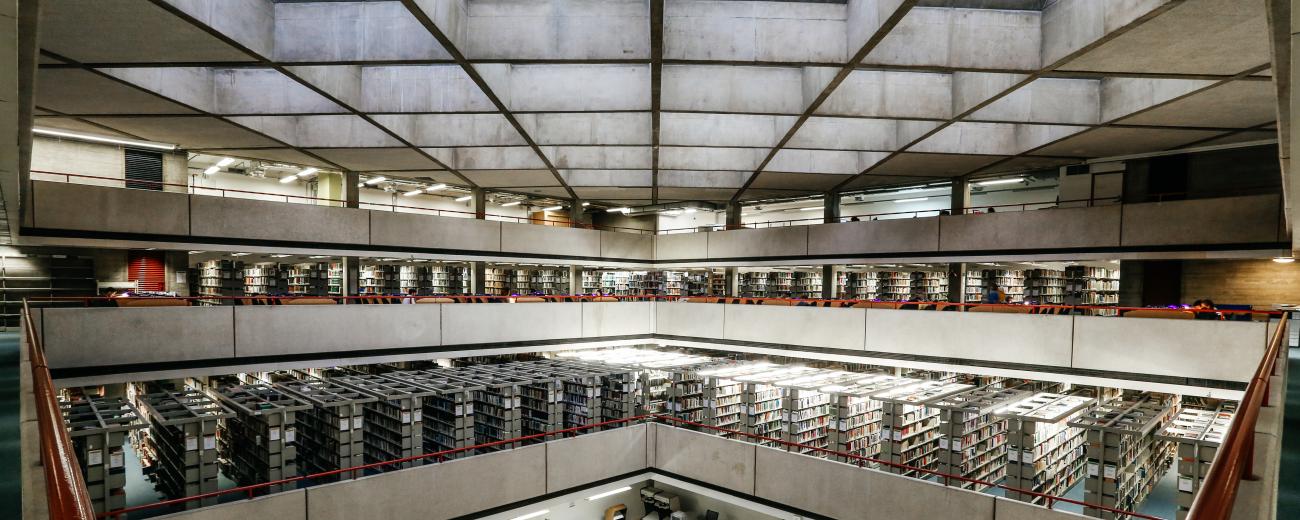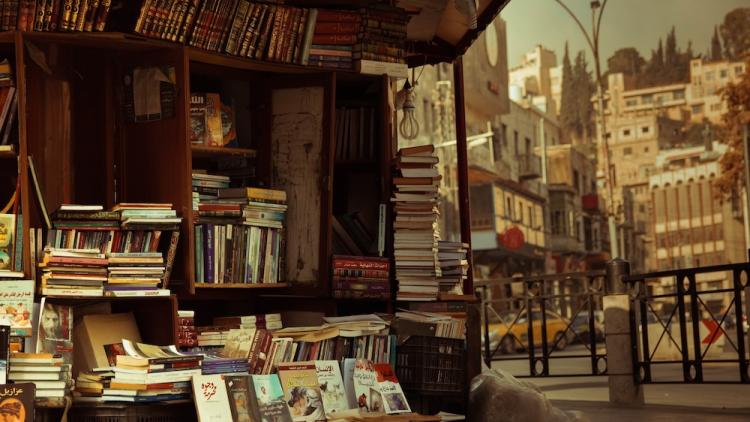Potentially offensive materials and descriptions at SOAS Library


Statement
Libraries and archives collect materials from different cultures and time periods to preserve and make available the historical record.
As a result, some materials in the collections held by SOAS Library and Special Collections, and the language that describes them, may reflect racist or other discriminatory views that may be offensive and difficult to view. Where possible, potentially offensive language will be signposted on our catalogues and in our library spaces to indicate that this does not reflect the views or opinions of SOAS Library or our staff. We apologise for any offence that our inclusion of these words may cause.
Why does SOAS Library have potentially offensive content?
Materials are collected by SOAS Library and Special Collections for the purposes of teaching and research, for the benefit of the SOAS academic community and wider public, as part of the historical record. Librarians and archivists must balance the preservation of this resource and the history that it represents with sensitivity to how it is presented to users.
SOAS Library collects material relating to all aspects of life in Africa, Asia and the Middle East. Our archival sources and historical print materials in particular, document Western involvement in and attitudes towards these regions and their peoples through the centuries, reflecting colonial views and evidencing racism and other derogatory attitudes and behaviours.
Historically, SOAS as an institution also has colonial roots, the library having been built to train the British colonial civil servants that first came through its doors.
How is this material described, and why are some of the terms used in the catalogue descriptions offensive?
- Librarians and archivists may re-use language provided by creators or former owners of the material. This can provide important context but can also reflect their biases and prejudices.
- Terms may be retained in the catalogue in the interest of historical accuracy, as altering them would risk falsifying the historical record. We believe that this transparency enables researchers to come to the material to critically engage with the evidence of the past.
- Some of the catalogue descriptions were written many years ago using language that was accepted at the time but would now be considered derogatory or offensive. While it is recognised that these legacy finding aids need revision, this must be balanced with staff time and resources available.
- Librarians and archivists often use a standardized set of terms, such as the Library of Congress Subject Headings, to describe materials. Some of these terms may be outdated, offensive, or insensitive.
- Communities with less access to and privilege within libraries and archives have had less control over how they are represented and described in catalogues.
- Librarians and archivists are not neutral; they may be subject to unconscious bias or make poor judgements when compiling catalogue records.
What is SOAS Library doing to address this problem and help users better understand this content?
- SOAS Library is working to assess its catalogue records and implement alternative approaches. This work is being overseen by the Decolonisation Operational Group.
- We are engaging in discussions taking place in the sector around ethical and critical cataloguing practices, listening to users, seeking solutions and sharing our findings with each other.
- We are informing users about the presence and origin of offensive content.
- We are making interventions to revise catalogue records and standardised sets of descriptive terms, such as Library of Congress Subject Headings, supplementing with more respectful terms, or creating new standardized terms to describe materials.
Can I report content that I find offensive?
- If you wish to report content that you find offensive, you can email us at libenquiry@soas.ac.uk
- SOAS Library will review the catalogue record/s, taking into consideration the accurate preservation of the historical record, professional best practice, and allocation of resources, and make changes to the record/s where appropriate.
- SOAS Library will use any feedback to better understand the issues and inform future practice.


